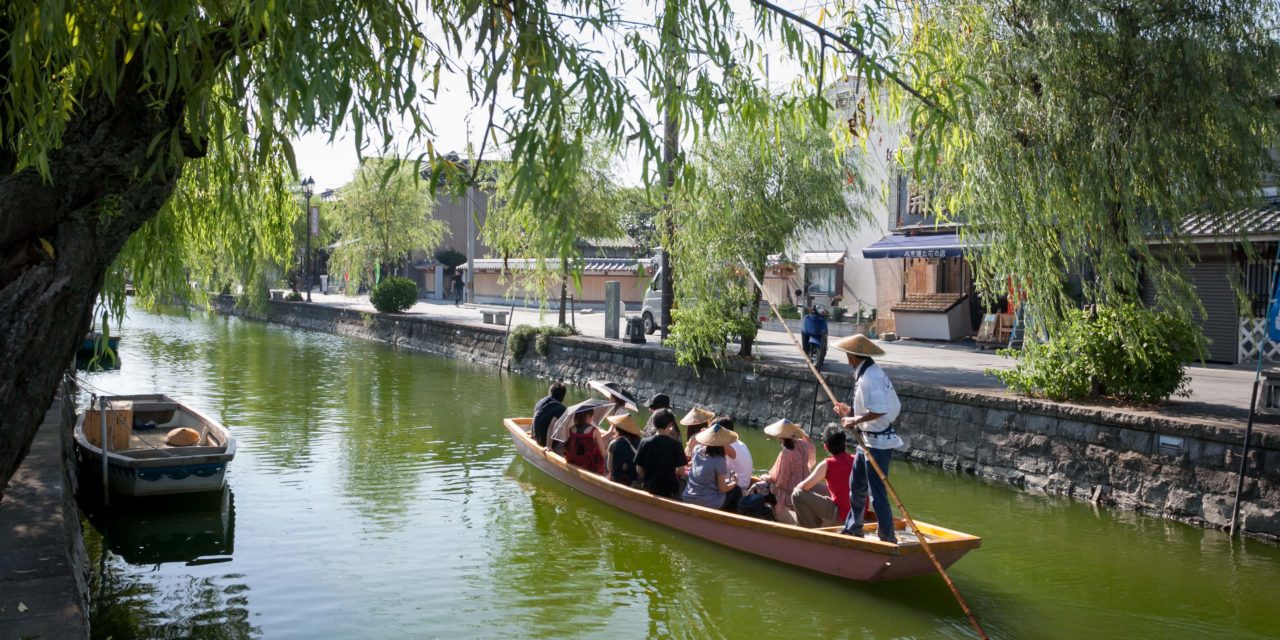 It is called the “7-minutes miracle.” It is the time necessary for Japan Railways cleaning teams to fully clean up a Shinkansen at the terminal, including turning the seats so that they face the travelling direction. Private companies manage trains in Japan, so cleanliness is highly regarded in transportation.
It is called the “7-minutes miracle.” It is the time necessary for Japan Railways cleaning teams to fully clean up a Shinkansen at the terminal, including turning the seats so that they face the travelling direction. Private companies manage trains in Japan, so cleanliness is highly regarded in transportation.
Japanese sports fans’ cleanliness is notorious worldwide as they always leave the sports events’ areas with their trash after a good cleaning of their seats. They did so in recent major events such as the Rugby World Cup (in the autumn of 2019) and the Soccer World Cup (in early 2018 summer). Japanese athletes do the same, clean their locker rooms themselves, an attitude widely broadcasted in the media and on social networks.
Japanese spectators display their civic-minded attitude and cleanliness, surprising the world, whereas it is quite a natural habit to the Japanese.
Cleanliness is central to Buddhism, which arrived from China and Korea between the 6th and 8th Centuries. In fact, in the Zen version of Buddhism, which came to Japan from China in the 12th and 13th Centuries, daily tasks like cleaning and cooking are considered spiritual exercises, no different from meditation. Watch a Japanese chef prepare meals. It’s special care.
“In Zen, all daily life activities, including having meals and cleaning the space, must be regarded as an opportunity to practice Buddhism.” Washing off the dirt physically and spiritually is essential in daily practice.
Rooted in Religious Beliefs
As we all know, hygiene often means keeping clean to protect health. But the Japanese sense of hygiene has a deeper meaning as it is rooted in their religious beliefs, Shinto and Buddhism.
Shinto originated in Japanese people and tradition and has purification rituals before subjecting themselves to prayer. This ritual includes cleansing preparations, which include sweeping and washing.
Tourists will also respectfully observe the hand wash etiquette before praying and a tea ceremony when visiting shrines and temples in Japan. Buddhism teaches them that cleanliness contributes to having a peaceful mind. These religious-based cleanliness practices significantly impacted Japanese people in maintaining proper hygiene.
Became Part of Cultural Practices
Cleanliness is a part of Japan’s long history, and you can still notice how the country keeps these valuable practices.
When you visit Japan, you can observe the differences, such as:
- the use of oshibori(wet towels) at restaurants and convenience stores to clean your hands,
- the practice of uchimizu(打ち水),
- the long-established practice of wearing masks, and more.
Note: Uchimizu (打ち水) refers to the sprinkling of water in Japanese gardens and streets. In streets in summer, it serves to cool the immediate area, keep down dust, and please your neighbours.
Again, these things are in the Japanese culture and upbringing. Will this generation keep it going? I hope so. Here are examples of why I think it will.
Upbringing
Established and strong cultural values
School training
Sport training
Business practice
“The effort of today, is the reward of tomorrow.”
Written by: Richard Coles
















